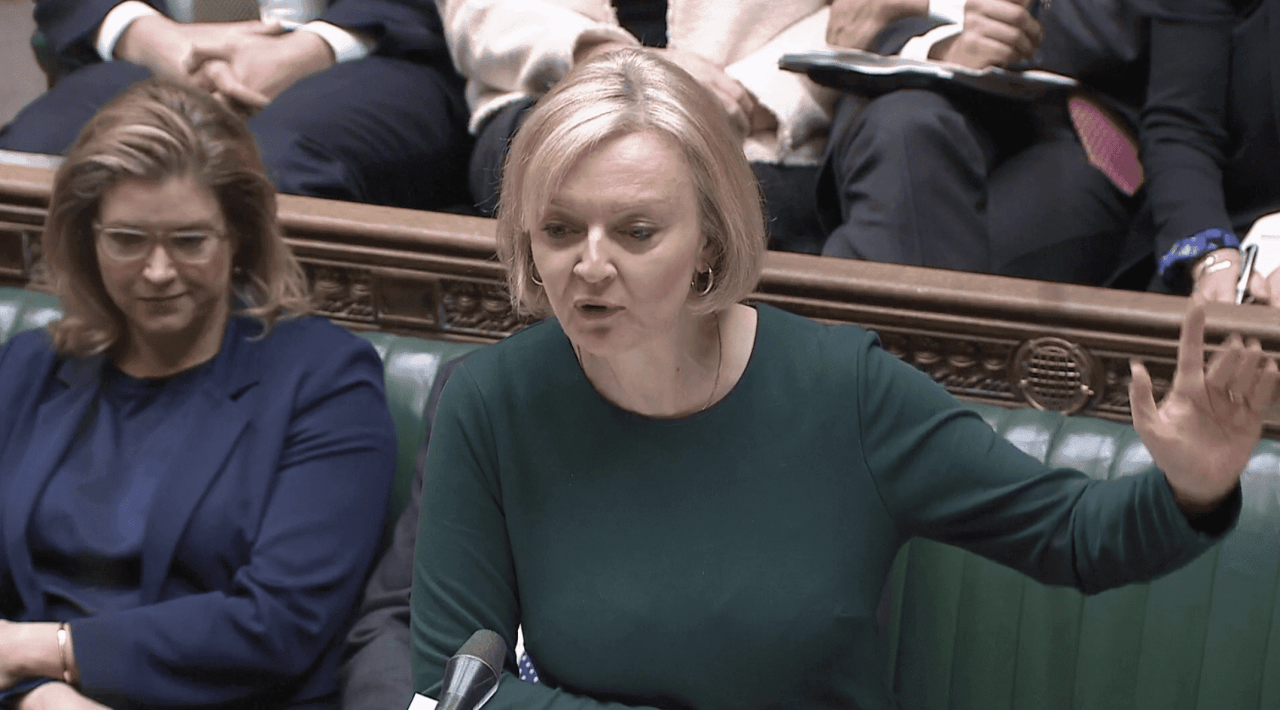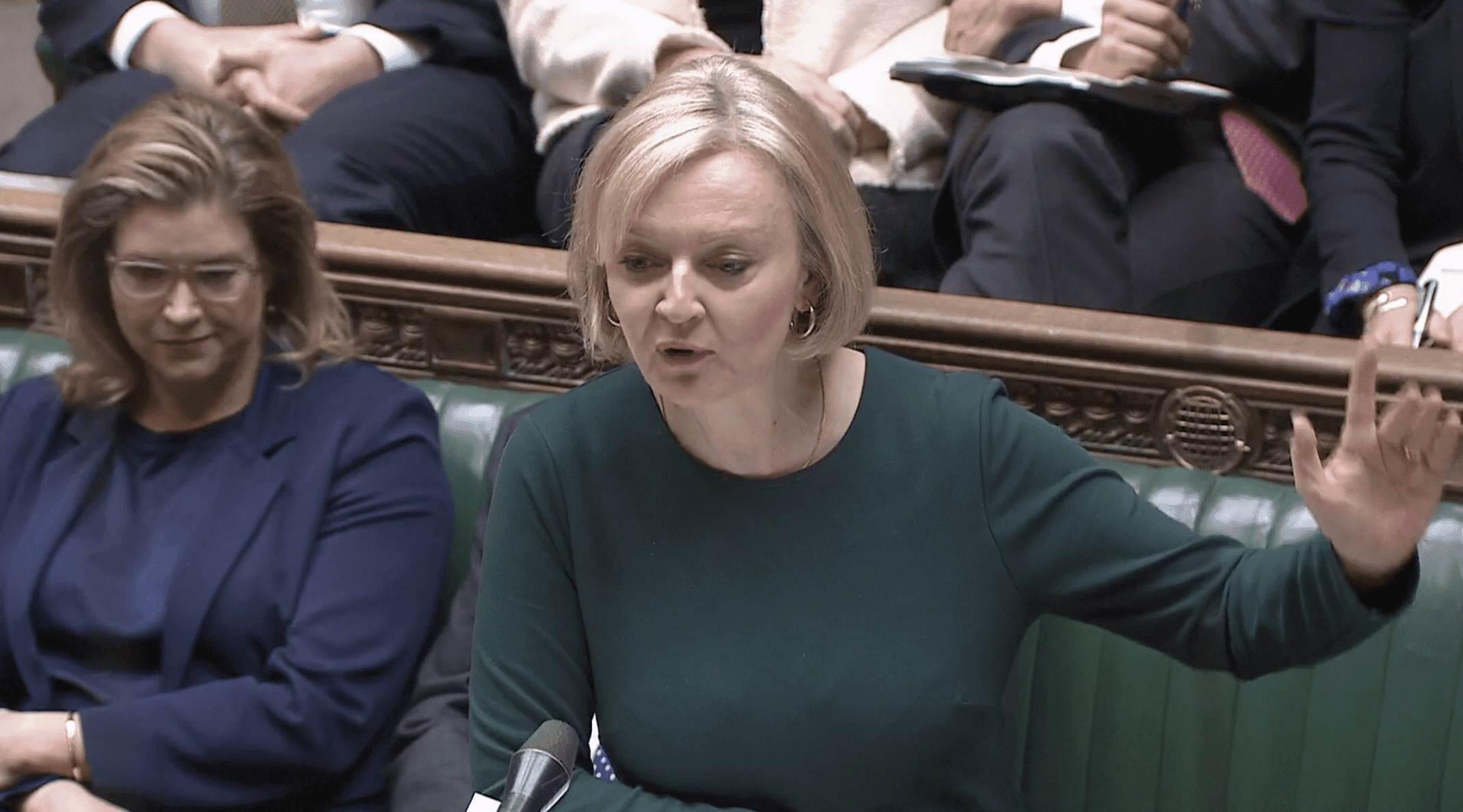The mini-Budget was a spending spree. The ‘medium-term fiscal plan’ was meant to explain the funding. But what exactly is going to be in it?
Liz Truss and Kwasi Kwarteng were thought to have (finally) come to terms with the need to address the need for some restraint, after their mini-Budget led to market chaos which is yet to settle. Their fiscal statement – in other words, how they would fund their tax cuts – was moved forward by almost a month, to 31 October. Its contents were thought to include some major spending cuts, in a bid to convince markets that fiscal discipline still guides the Tory party.
If there are no public spending cuts in the Chancellor’s statement, it is not obvious what – if anything – he will announce
But is this really the plan? At today’s PMQs, the Prime Minister threw MPs (and markets) into further doubt about what’s really to come in the next fiscal statement. Asked by Keir Starmer if she was ‘going to stick to’ her leadership campaign promise not to make ‘public spending reductions’, Truss responded with ‘absolutely’ – twice.
If there are no public spending cuts in the Chancellor’s statement, it is not obvious what – if anything – he will announce. Unless the Office for Budget Responsibility has told the government that their tax cuts really will bring in enough revenue – an estimate virtually no other forecaster has made – the government needs to answer for billions of pounds worth of tax cuts and spending. It has just over two weeks now to get its plans in order.
So how to explain Truss’s comments in parliament today? It is likely that Truss is promising to protect department budgets in nominal terms rather than real terms. This would be consistent with Kwarteng’s comments at party conference, where he said he would be sticking to the government’s 2021 comprehensive spending review – using those spending pledges to shape his medium-term fiscal plan.
The government’s argument, then, will be that it is not making spending cuts. Rather, it is not increasing departmental budgets in line with inflation. This will result, in practice, substantial real terms pay cuts to budgets. Both Truss and Kwarteng have insisted several times that health and defence budgets will be protected (and increased) under their leadership, but the implication (which the Chancellor did not deny at conference) is that other departments will be told to amend their budgets to take inflation into account.
This is, perhaps, what Truss means when she insists there will not be any public spending cuts. Whether this argument will wash with MPs and the public is a very different question. And in the meantime, the Prime Minister has caused yet more confusion for the markets (on top of the Bank’s own saga this morning) about what they can expect at the end of the month.
If it wasn’t clear before the mini-Budget, it should be crystal clear now that markets like certainty. Truss has just confused them further.








Comments